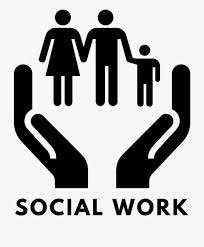
Introduction
The Bachelor of Social Work (BSW) is a foundational program for those aspiring to create meaningful societal impact through social welfare. With a comprehensive curriculum, students develop critical theoretical and practical skills essential for diverse roles in social work.
Program Curriculum
- The BSW curriculum encompasses various subjects, including psychology, sociology, and social policy.
- Students engage in field placements to gain practical experience.
- Key topics include:
- Human Behavior and the Social Environment
- Research Methods in Social Work
- Cultural Diversity and Social Justice
- Child Welfare Policies
- Substance Abuse Interventions
Field Education
- Field education provides hands-on experience in various settings.
- Students apply classroom knowledge under supervision.
- Common field placements include:
- Schools and Educational Institutions
- Healthcare Facilities
- Community Organizations
- Government Agencies
Ethical Principles
- Ethical principles are crucial in guiding social work practice.
- Students learn about confidentiality and client autonomy.
- Key ethical dilemmas include:
- Balancing client needs with institutional policies
- Managing dual relationships
Core Competencies
- BSW programs emphasize essential competencies for effective practice.
- These competencies include assessment and intervention.
- Graduates are trained in:
- Advocacy and Social Justice
- Communication and Collaboration
- Self-Reflection and Professional Development
Career Options
- Graduates have diverse career opportunities in various sectors.
- Common roles include:
- Social Worker
- Case Manager
- Policy Analyst
- Community Organizer
- Some opt to pursue an MSW for advanced practice.
Contributions to Society
- BSW graduates play a vital role in promoting social change.
- They advocate for marginalized communities and social justice.
- Key contributions include:
- Empowering individuals and families
- Developing community resources